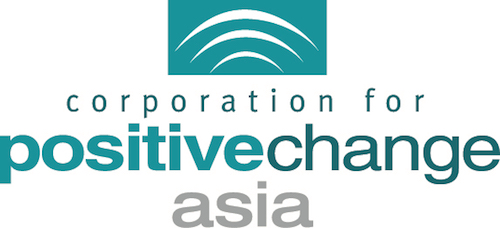About Kevin Real

Kevin Real, Ph.D.
Associate Professor of Organizational Communication,
Department of Communication,
University of Kentucky
Kevin Real, (Ph.D., 2002, Texas A&M University) is Associate Professor of Organizational Communication in the Department of Communication at the University of Kentucky. Dr. Real is engaged in research in healthcare, organizational design, and occupational safety and health. His research involves both quantitative and qualitative methodology.
Dr. Real is interested in how appreciate inquiry and communication research can provide opportunities for improving everyday life for organizational members and stakeholders. His work has been published in Human Communication Research, Journal of Business and Psychology, Health Communication, Management Communication Quarterly, Journal of Applied Communication Research and the Handbook of Health Communication. Adding this research dimension provides the opportunity for Dr. Real and CPC to develop research-based metrics, facilitate the collection of data, and systematically analyze and document the outcomes of AI interventions.
In collaboration with scholars at the Innovation Network for Entrepreneurial Thinking, we are studying the outcomes of AI work in order to understand what works in authenticating the success of AI engagements.
